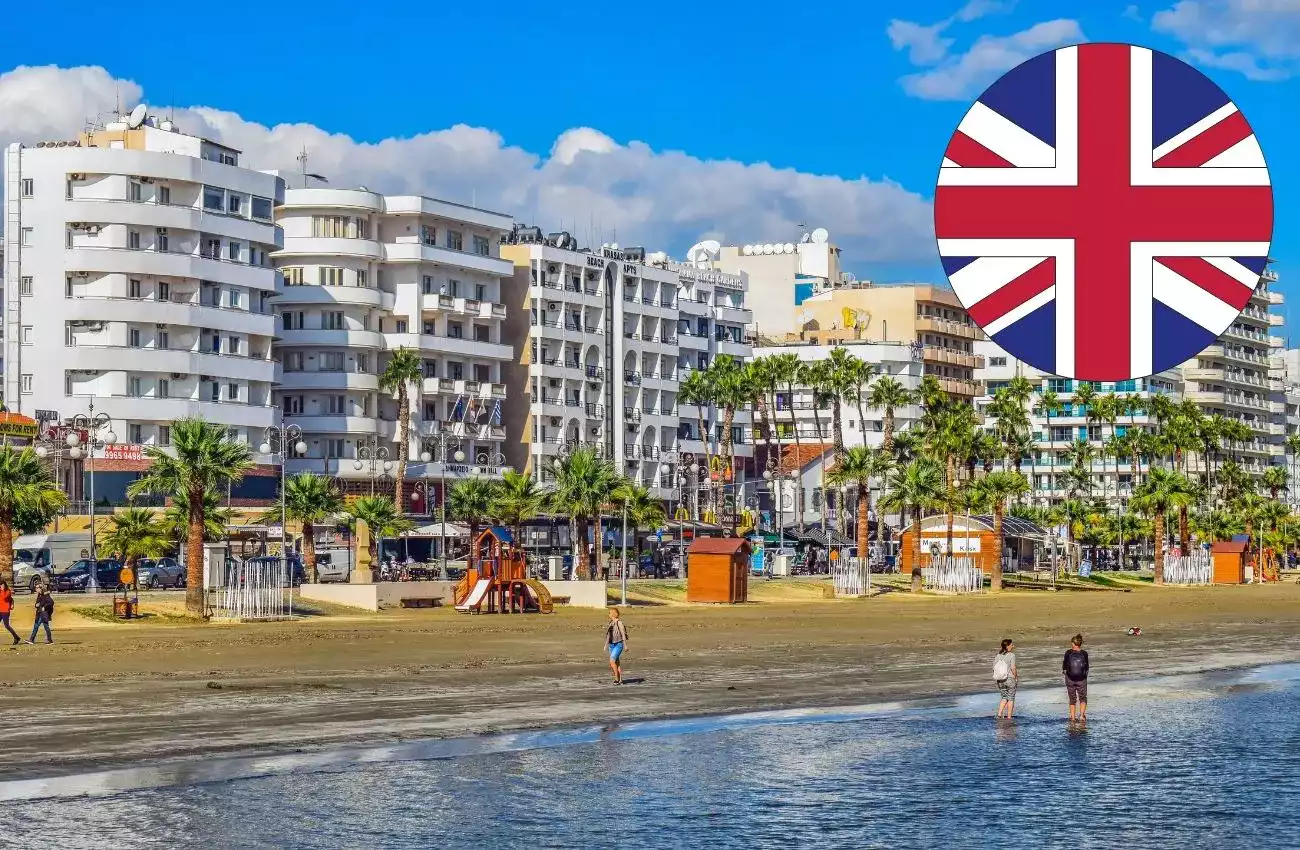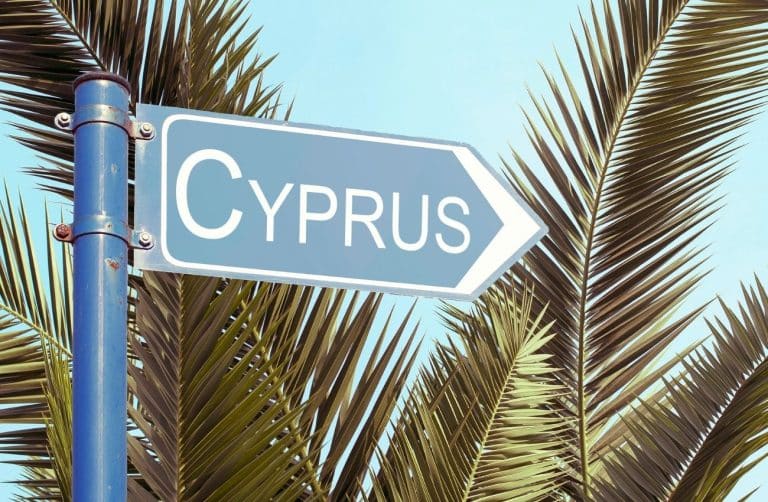Cyprus has long been a favored destination for British citizens looking for property abroad, with its warm climate, historical ties to the UK, and relaxed lifestyle. Even after Brexit, the island remains attractive due to its favorable property prices, ease of access from the UK, and the appeal of Mediterranean living. In this article, we will discuss the legal framework, costs, steps to buying property, and benefits of purchasing real estate in Cyprus as a British citizen.
1. Legal Framework for British Citizens Buying Property in Cyprus
After Brexit, British citizens are no longer EU citizens, which has introduced some minor changes in property ownership laws in both Northern and Southern Cyprus. However, Cyprus remains open to British buyers, and the process is relatively straightforward. The key legal considerations include:
- One Property Limit: British citizens can buy one property per person in Northern Cyprus. This restriction applies to foreign nationals in general and limits the size of the land to one donum (1,338 square meters).
- Permission from the Council of Ministers: Foreign nationals, including British citizens, must apply for permission to buy property in Northern Cyprus. This is a standard process and is typically approved within 3 to 6 months.
- Types of Property Titles: In Northern Cyprus, property titles are divided into three main categories:
- Pre-1974 Turkish Title: These are considered the most secure titles and pertain to properties owned by Turkish Cypriots before 1974.
- Exchange Title: These titles refer to land given to Turkish settlers after 1974, in exchange for properties they left behind in the south.
- TRNC Title: Issued by the Turkish Republic of Northern Cyprus (TRNC), these titles may be less secure, as the TRNC is not internationally recognized.
Given these considerations, British buyers must ensure they conduct due diligence with the help of a qualified solicitor who understands Cyprus property law. This will help avoid legal disputes or issues related to title deeds.
2. Why Cyprus Appeals to UK Citizens
Cyprus has been a popular destination for British citizens for many years. Here’s why:
- Familiar Legal System: Cyprus, particularly Northern Cyprus, follows a legal system similar to that of the UK. Property law and contracts are easy to understand, especially for British buyers, and many legal professionals speak English.
- Affordable Property Prices: Property prices in Cyprus are significantly more affordable than in the UK. For example, a two-bedroom apartment in Kyrenia can cost between £50,000 and £120,000, while larger properties such as villas may range from £150,000 to £500,000. This is considerably lower than similar properties in Mediterranean countries like Spain or Italy.
- Proximity to the UK: Cyprus is only a four to five-hour flight from the UK, making it easy for British buyers to travel back and forth, especially for holiday homeowners. Additionally, there are direct flights from many UK airports to Cyprus.
- Mediterranean Climate: The island’s warm climate, beautiful coastline, and outdoor lifestyle make it a perfect destination for British retirees or those seeking a holiday home.
- Established British Expatriate Community: Cyprus has a large and active British expat community. Many British nationals live in areas such as Paphos, Kyrenia, and Famagusta, making it easier for new buyers to integrate and feel at home.
- Health Care and Services: Cyprus offers high-quality healthcare services, and Northern Cyprus has a good standard of public and private hospitals. British citizens can access healthcare either through private insurance or pay-as-you-go systems.
3. Steps for British Citizens to Buy Property in Cyprus
Buying property in Cyprus as a British citizen involves several steps:
1. Finding a Property
It’s essential to find a reputable real estate agent who understands the local market. Kyrenia and Famagusta are popular coastal regions for holiday homes, while Nicosia (Lefkoşa) offers more urban property options. For long-term residential properties, areas like Esentepe and Tatlisu are growing in demand.
2. Hiring a Solicitor
Once you have found a suitable property, it’s important to hire a solicitor to oversee the legal process. They will check the title deeds, prepare contracts, and ensure the property is free from any legal disputes or encumbrances.
3. Signing a Contract
Once the solicitor has completed their checks, a sales contract will be drawn up and signed. At this stage, a deposit (usually between 10% and 30% of the total property price) will need to be paid to secure the property.
4. Applying for Approval
As a British citizen, you must apply for Council of Ministers approval to complete the purchase. Your solicitor will handle this process, which typically takes 3-6 months.
5. Finalizing the Purchase
Once approval is granted, the final payment is made, and the property’s title deed is transferred into your name. You will then officially become the property owner.
4. Costs Associated with Buying Property in Cyprus
Aside from the property price, British buyers should consider the following additional costs:
- Stamp Duty: A one-time stamp duty of 0.5% of the property’s value is payable when the contract is signed.
- VAT: A 5% VAT rate applies to newly built properties, though resale properties are usually VAT-exempt.
- Transfer Fees: The transfer fee is 3% to 6% of the property’s value, depending on whether you are a first-time buyer or not.
- Legal Fees: Solicitor fees typically range from £1,000 to £2,000, depending on the complexity of the transaction.
- Real Estate Agent Fees: Agents usually charge a commission of 3% to 5% of the property’s sale price.
5. Residency and Visa Options for British Citizens
Since Brexit, British citizens no longer enjoy free movement within the EU. However, purchasing property in Cyprus can still grant you residency rights. British property owners can apply for temporary residency, which is renewable annually. This temporary residency allows you to stay in Cyprus for extended periods but does not lead directly to permanent residency or citizenship.
To qualify for residency, you must provide proof of property ownership, financial stability, and a clean criminal record. After several years of temporary residency, you may be eligible to apply for permanent residency.
6. Investment and Rental Opportunities
Many British citizens buy property in Cyprus for investment purposes. The growing tourist industry, especially in Northern Cyprus, creates excellent opportunities for rental income. Properties in tourist-heavy areas like Kyrenia can be rented out to holidaymakers during the busy season, providing additional income. Alternatively, there’s demand for long-term rentals from expats, students, and local professionals.
Rental income is subject to a 10% tax in Northern Cyprus, making it a favorable option for investors. The island’s rising property prices also mean that there is potential for long-term capital appreciation.
Conclusion
Cyprus remains a popular destination for British citizens looking to buy property, whether for holiday homes, retirement, or investment purposes. With its affordable real estate, Mediterranean lifestyle, and strong British community, it offers many advantages. While the process has changed slightly post-Brexit, British citizens can still purchase property relatively easily in Northern Cyprus, provided they follow the correct legal procedures. With the right legal advice and thorough research, British buyers can enjoy the many benefits of owning a home in this beautiful Mediterranean island.





